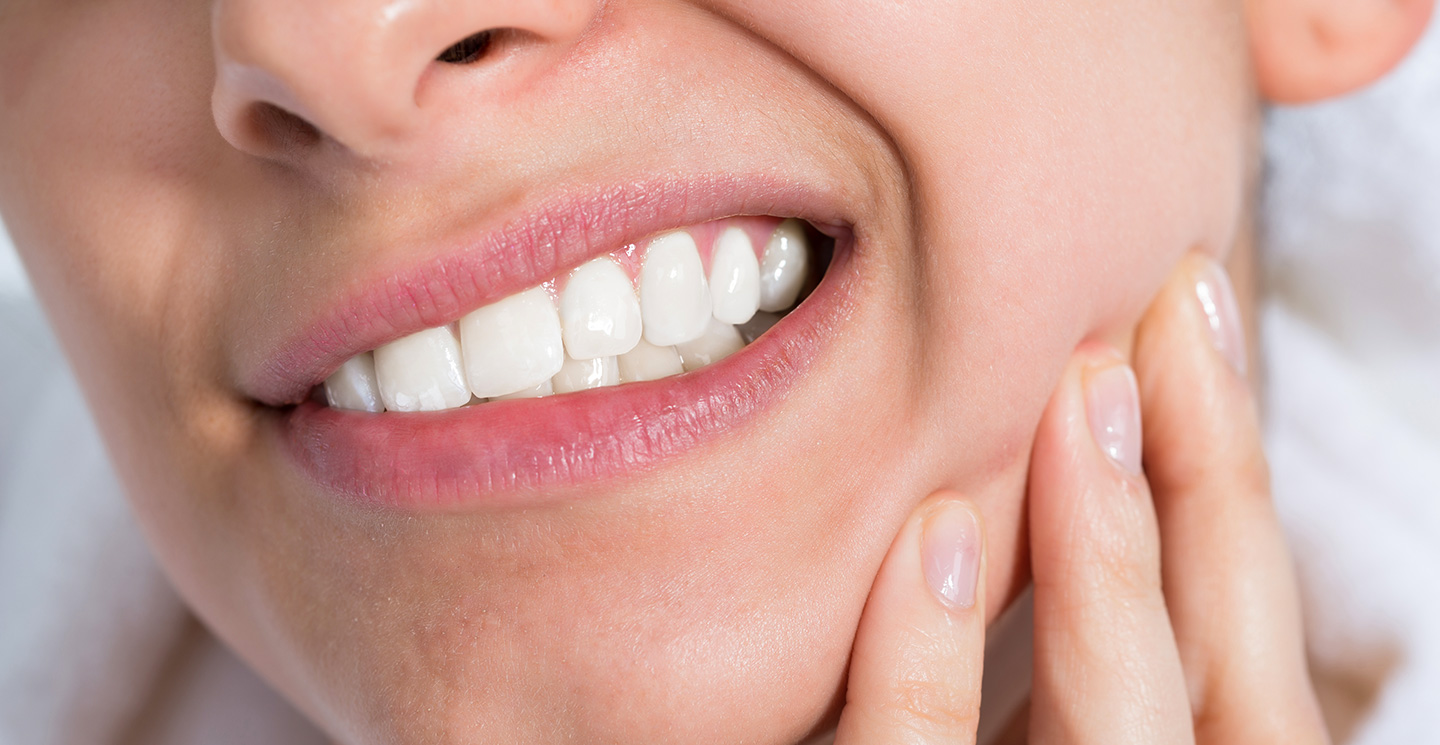
Teeth sensitivity, also known as dentin hypersensitivity, is a common dental issue that affects millions of people worldwide. It can cause discomfort and pain when consuming hot or cold foods and beverages, and even during routine brushing. At White Willow Dental, we understand the significance of addressing teeth sensitivity and restoring your comfort. In this comprehensive guide, we will delve into the causes of teeth sensitivity, its impact on oral health, and effective strategies for treating and preventing this condition.
Understanding Teeth Sensitivity
Teeth sensitivity occurs when the protective enamel on your teeth becomes worn down, exposing the underlying dentin. Dentin contains tiny tubules that lead to nerve endings, making the teeth more susceptible to external stimuli like temperature changes and certain foods. Common triggers for teeth sensitivity include hot and cold beverages, sweet or acidic foods, cold air, and even brushing or flossing.
Causes of Teeth Sensitivity
Several factors can contribute to the development of teeth sensitivity:
- Brushing Technique: Aggressive brushing or using a toothbrush with hard bristles can wear down enamel and contribute to sensitivity.
- Gum Recession: Receding gums can expose the tooth roots, which are more sensitive than the enamel-covered portion of the teeth.
- Dental Procedures: Teeth sensitivity can occur after certain dental treatments like teeth whitening or fillings.
- Gum Disease: Advanced gum disease can lead to gum recession and expose sensitive areas of the teeth.
- Tooth Grinding (Bruxism): Grinding your teeth can wear down enamel and lead to sensitivity.
- Acidic Diet: Consuming acidic foods and drinks can erode enamel over time.
Treating Teeth Sensitivity
- Desensitizing Toothpaste: Specially formulated desensitizing toothpaste can help block the transmission of pain signals from the tooth surface to the nerve.
- Fluoride Treatment: Professional fluoride treatments can strengthen enamel and reduce sensitivity.
- Change in Brushing Technique: Switch to a soft-bristle toothbrush and use a gentle brushing technique to avoid enamel erosion.
- Dietary Changes: Reduce consumption of acidic foods and drinks and rinse your mouth with water after consuming them.
- Mouthguards: If you grind your teeth, wearing a mouthguard at night can prevent enamel wear.
- Gum Grafting: For severe gum recession, gum grafting can cover exposed tooth roots and reduce sensitivity.
- Dental Sealants: These thin coatings can be applied to exposed tooth surfaces to provide a barrier against sensitivity triggers.
- Root Canal Treatment: In severe cases where sensitivity is due to nerve damage or infection, a root canal may be necessary.
Prevention is Key
Preventing teeth sensitivity is crucial for maintaining optimal oral health. Here are some preventive measures you can take:
- Maintain Good Oral Hygiene: Brush and floss regularly to prevent gum disease and enamel erosion.
- Use a Fluoride Mouthwash: Incorporate a fluoride mouthwash into your oral hygiene routine to strengthen enamel.
- Choose a Balanced Diet: Limit acidic and sugary foods and drinks, and opt for a diet rich in calcium and vitamin D.
- Regular Dental Checkups: Visit White Willow Dental for routine checkups and professional cleanings to detect and address sensitivity early.
- Customized Treatment Plans: Our experts at White Willow Dental can create personalized treatment plans to address your specific sensitivity concerns.
Conclusion
At White Willow Dental, we believe that addressing teeth sensitivity is essential for your overall well-being and comfort. By understanding the causes, symptoms, and treatment options available, you can take proactive steps to manage and alleviate sensitivity. Our experienced dental team is committed to providing you with personalized care and effective solutions to restore your oral health and help you enjoy a pain-free and confident smile. Don’t let teeth sensitivity hold you back – contact White Willow Dental today to schedule a consultation and embark on your journey towards a healthier, more comfortable smile.



